Ali Zafar hopes his new naat brings peace to those who listen to it
Ramazan is a special time in Pakistan and with the iftars, colours and blessings, we also get a host of new rhythms to listen to. Ali Zafar, the pop star and actor who's actively engaging his audiences all year round, has now released his own version of the hit naat and qawwali 'Balaghal Ula Bi Kamaalihi'.
The singer made the announcement on his social media, saying "I hope it gives you the peace while listening to it that it brought to my heart while rendering it". He also uploaded an anticipatory post a day prior, saying "I can't express the feeling while recording this."
The video begins with Zafar standing in a modest white shalwar kameez, against the backdrop of Lahore's glorious Badshahi Mosque, surrounded by his band, on tablas, harmoniums and vocal harmonies. The 40-year-old recites the naat in his soulful voice.
'Balaghal Ula Bi Kamalihi' is qawwali most famously performed by the late and legendary Sabri Brothers, Ghulam Farid Sabri and Maqbool Ahmed Sabri. Pakistan's most prolific qawwali group, perhaps second to no one but the talent born once a millennium, the shehensha, Nusrat Fateh Ali Khan, who has also performed a version of the qawwali.
The naat is multilingual, at stages written in Urdu, Persian and Arabic, and is based off a famous Arabic quatrain, or rubaʿi, written by Persian poet Saad Shirazi. The original ruba'i is separated by verses in Urdu and Arabic, the sources of which are anybody's guess.
Most of the naat focuses on the story of the 'miraj', the event of the Holy Prophet's (PBUH) ascension beyond the skies and heavens, on a winged creature called Buraq, to meet God.
Previously Atif Aslam also released a naat to commemorate Ramazan, 'Mustafa Jaan-e-Rehmat', and it was received very well by fans around the world. The video stands approaching six million views on YouTube, some two weeks into its release.





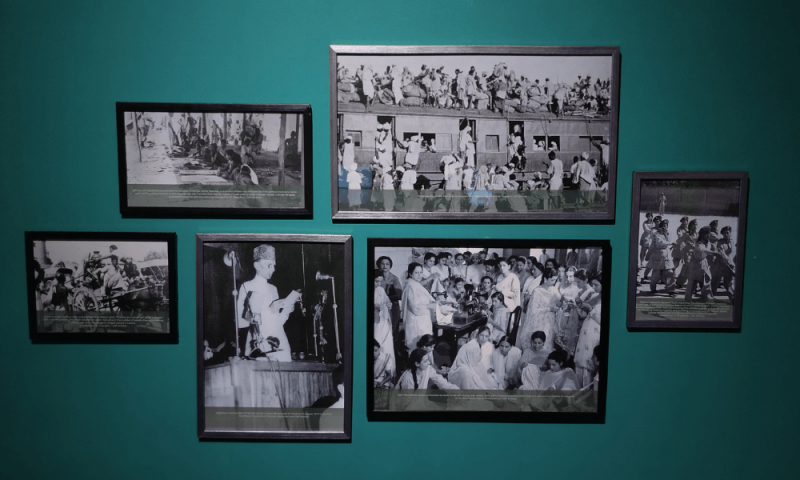
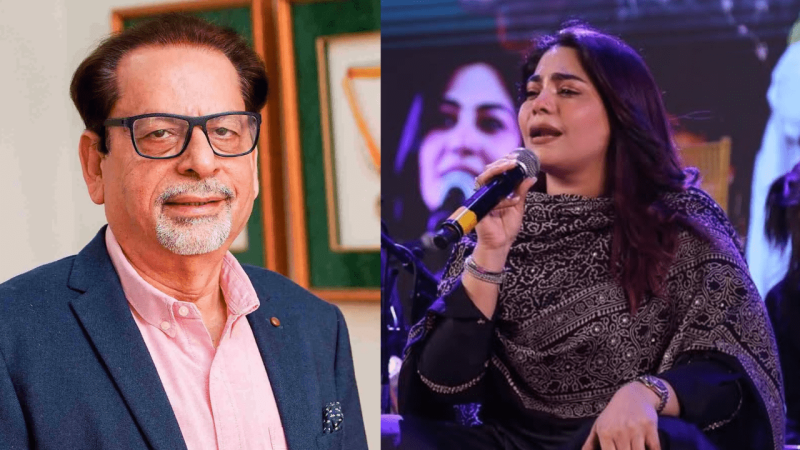


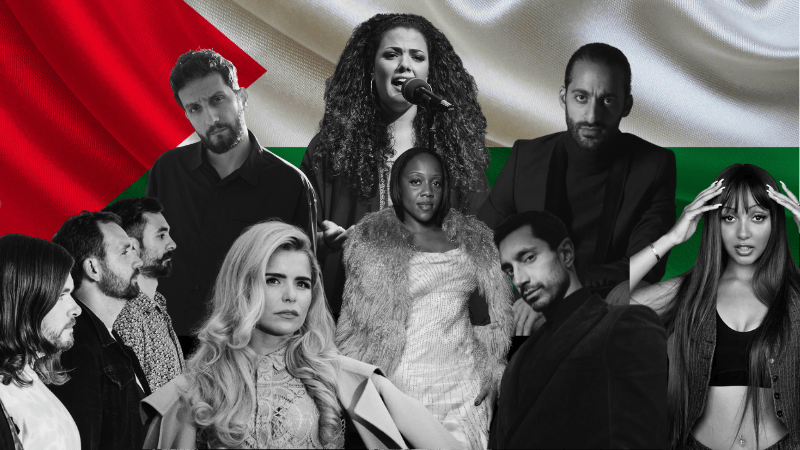

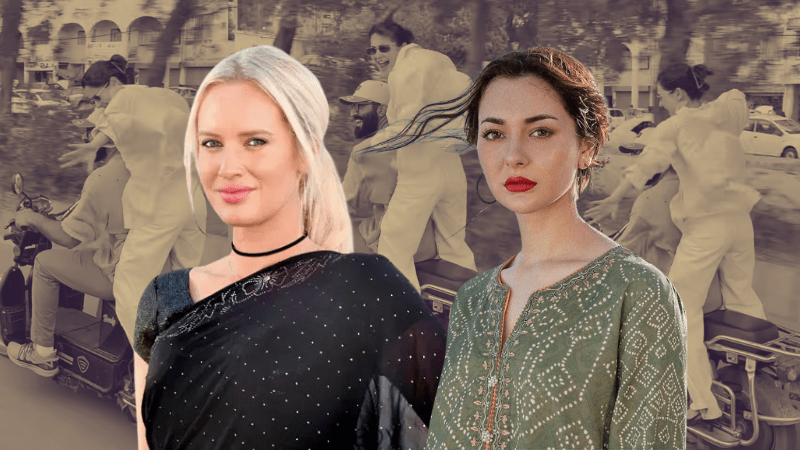

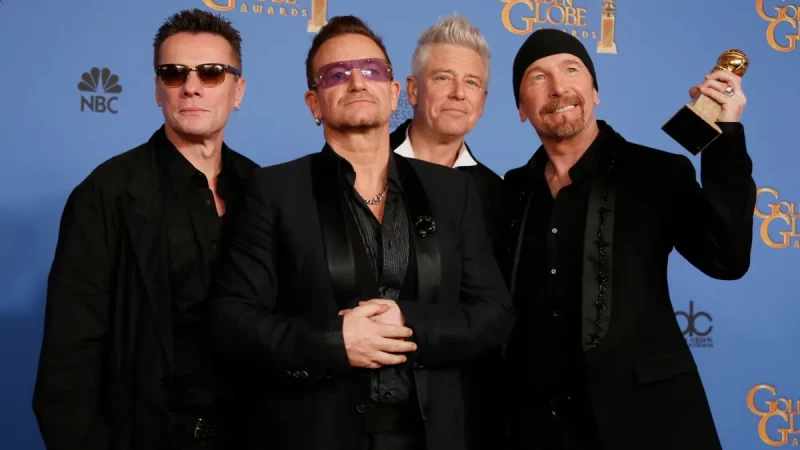
Comments